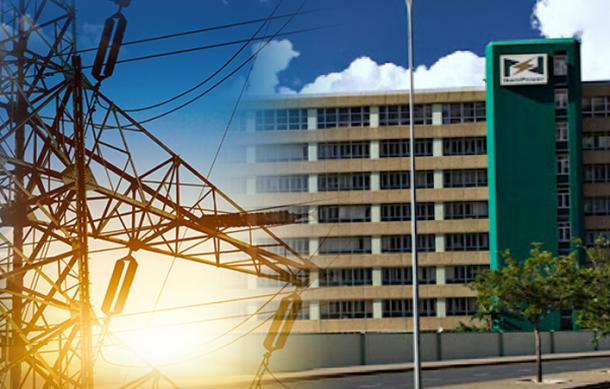
The increase in the cost of electricity has become a growing concern for the average consumer and small businesses in Namibia.
To add salt to the injury, NamPower is seeking a 14,59% increase in electricity tariffs for the 2024–25 financial year.
The proposal, submitted to the Electricity Control Board (ECB), would raise the average transmission customer tariff from 198.56 cents per kilowatt hour to 227.53.
The Electricity Control Board is yet to announce its decision on the proposed tariff increase tomorrow.
If the tariff increase is approved by the ECB, it would place additional financial strain on Namibian households and businesses.
This means the average cost of electricity per unit would rise from 198.56 cents per kilowatt hour to 227.53.
With the upcoming winter season, consumers will. face higher electricity bills just when they need to stay warm.
"The main driver of these increases is inflation, which is increasing in all costs, but further increases such as commodity prices, the exchange rate, and the water levels at Ruacana and the Kunene River have a significant impact on this. We further see that our imports increased in price significantly, which was also regulated in their country by different regulatory boards, so that increased the energy significantly, and there were double increases in import contracts within the financial year," explains NamPower's Head of Pricing, Christopher Visser.
The proposed hike comes at a challenging time for consumers who are grappling with a high inflationary environment.
Steep increases in petrol and food prices and global supply-chain restrictions have already put pressure on household finances.
The Executive for Economic and Marketing Regulations at the ECB, Pinehas Mutota, assures that consumer interests are taken into account when approving tariffs.
"Is the tariff affordable to domestic consumers, small businesses, and large power users? We then take a view in terms of what is acceptable in terms of the increases, or not giving the increases and not having electricity at all. But we have also realised that having no power in the country will be much more expensive than having power at a reasonable price. So we take what the impact is on the economy and then the consumers, because we do understand that the consumers are complaining and the economy is not good. The income of the household has diminished, but at the end of the day, we must also ensure that there is enough supply of electricity."
The announcement tomorrow will reveal whether Namibian consumers and businesses will face higher electricity costs in the next financial year.





